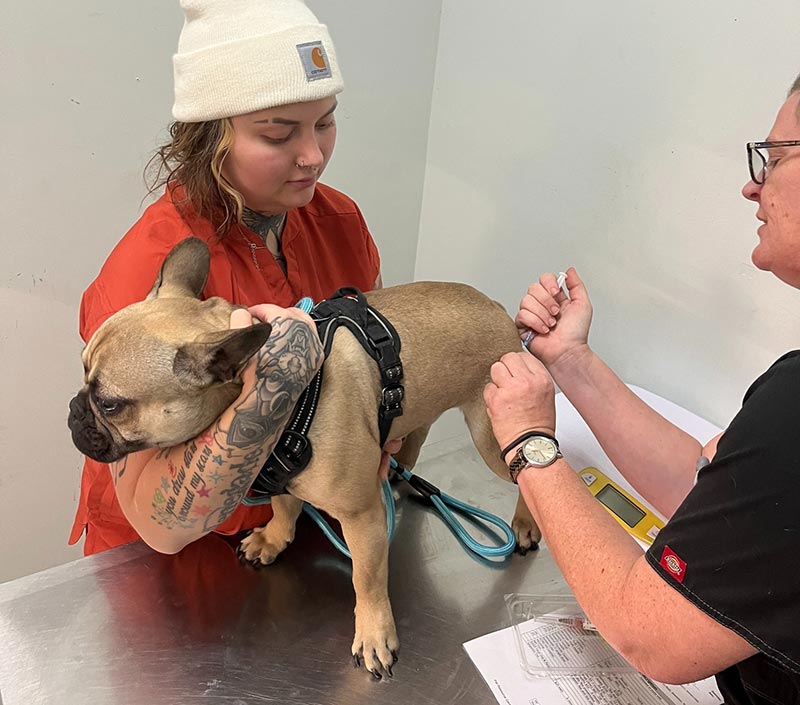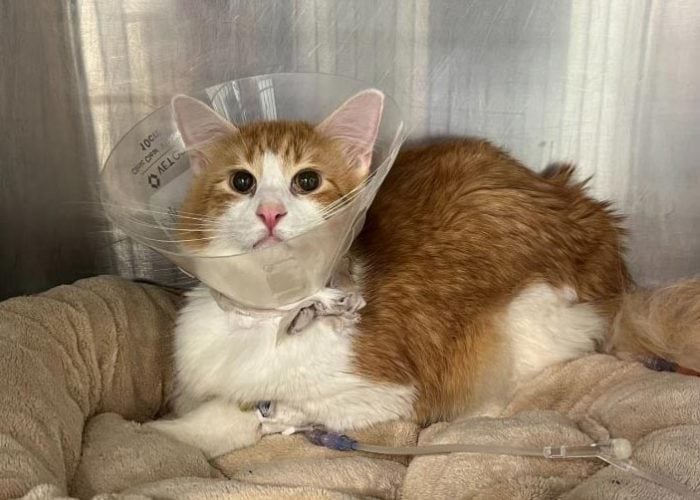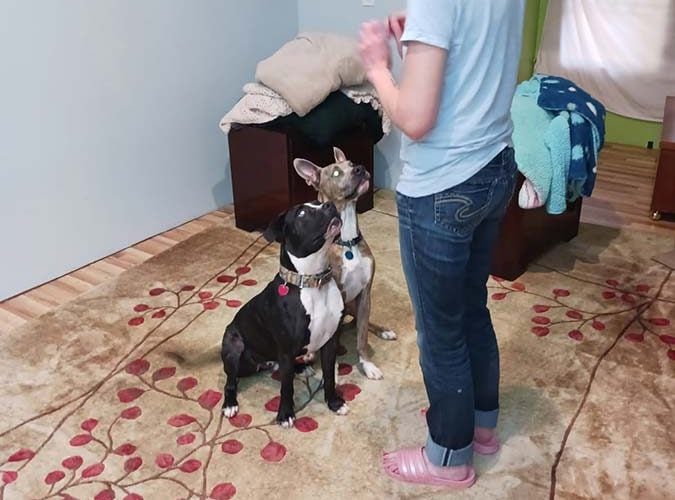Leptospirosis is a bacterial infection caused by Leptospira bacteria, affecting pets like dogs, cats, and other animals. It’s a zoonotic disease, meaning it can be transmitted from animals to humans. The infection is typically spread through contact with water, soil, or food contaminated by the urine of infected animals, often wildlife or rodents. Leptospirosis can lead to severe health problems such as liver and kidney failure, making early detection and treatment essential for your pet’s survival.
Symptoms of Leptospirosis in Pets
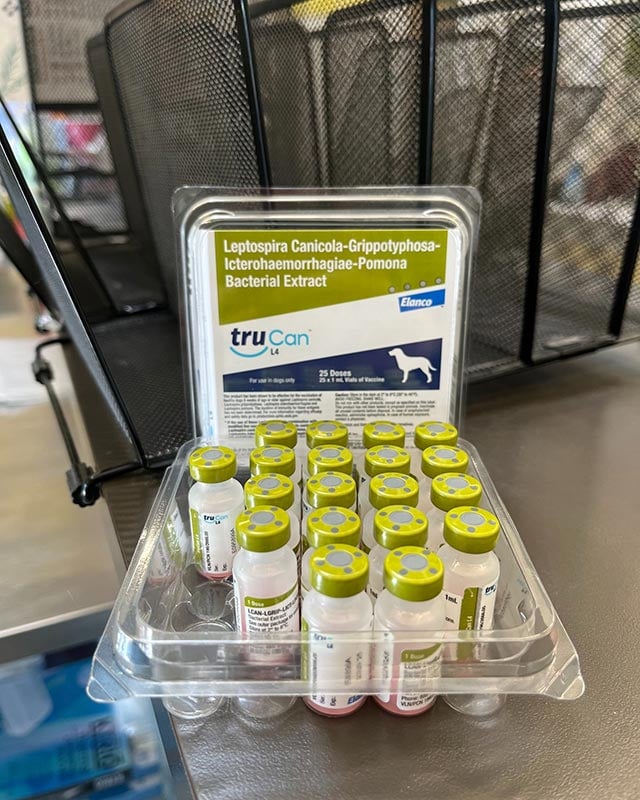
Leptospirosis symptoms can range from mild to severe and include:
- Fever
- Lethargy
- Vomiting and diarrhea
- Loss of appetite
- Muscle pain
As the disease progresses, pets may develop jaundice (yellowing of the skin and eyes), kidney or liver failure, increased thirst, and difficulty breathing. In severe cases, the disease can cause bleeding, abdominal pain, and even death if untreated.
How Leptospirosis is Spread
Pets contract leptospirosis through contact with contaminated water, soil, or food, especially in areas where infected wildlife or rodents live. Pets that drink from or swim in standing water, walk on contaminated soil, or come into contact with urine from infected animals are at the highest risk.

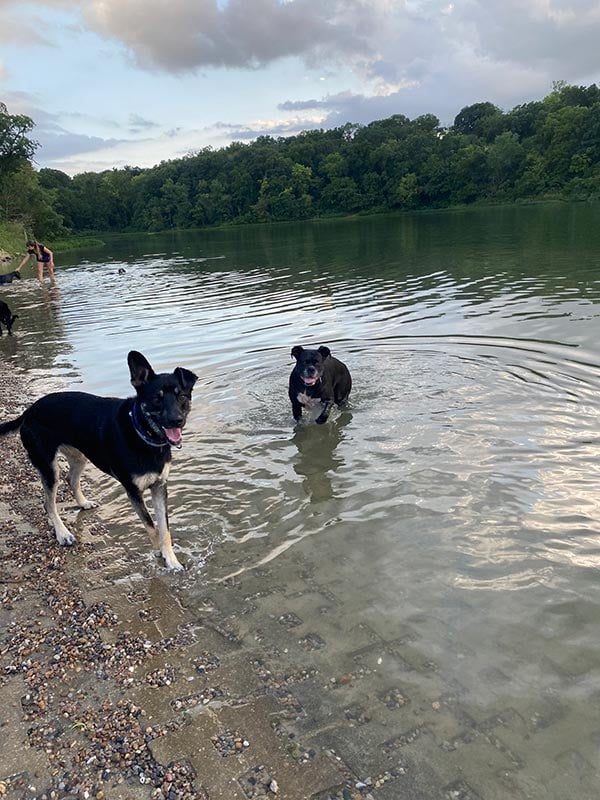
Preventing Leptospirosis in Pets
The best way to protect your pets from leptospirosis includes:
- Vaccination: Dogs should be vaccinated against leptospirosis, particularly in areas where the disease is common. Talk to your vet about vaccination for cats if you’re in a high-risk area.
- Limit Exposure to Contaminated Water: Avoid letting your pet drink from or swim in standing water, especially after rain or flooding.
- Clean Your Pet: Wash your pet’s paws and fur after they’ve been outdoors, especially in areas where wildlife or contaminated water is common.
- Control Rodent Access: Secure your home and yard to prevent wildlife and rodents from entering and exposing your pet to the bacteria.
- Regular Vet Check-ups: Regular veterinary visits help catch infections early, so ask your vet about leptospirosis prevention if you live in a high-risk area.
Treatment of Leptospirosis
If your pet shows signs of leptospirosis, prompt veterinary care is crucial. Antibiotics can treat the infection, and supportive care may be required if organ damage has occurred. Early diagnosis and treatment improve your pet’s chances of recovery.
Conclusion
Leptospirosis is a serious bacterial infection that can affect pets and humans alike. Preventing exposure, ensuring vaccination, and staying vigilant for symptoms are key to protecting your pet. Early treatment is critical, so don’t hesitate to consult your vet if you suspect leptospirosis. By taking preventive steps, you can help ensure your pet stays safe and healthy.
